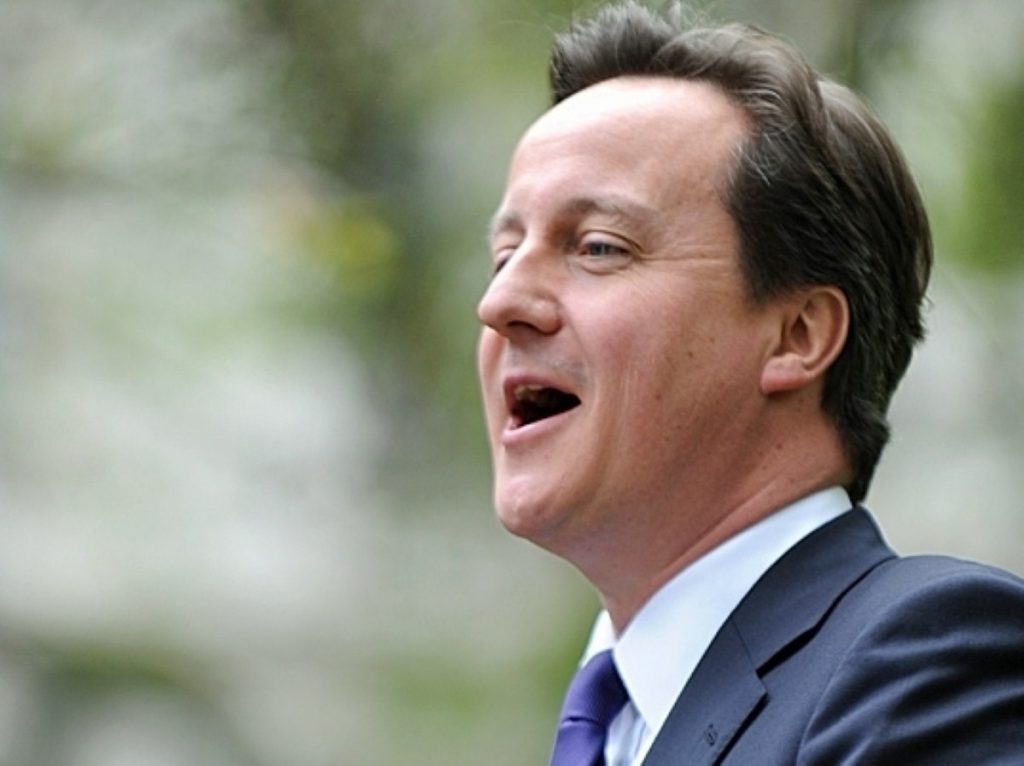Cameron: I want power until 2020
David Cameron wants to remain in Downing Street until at least 2020, he has confirmed.
The prime minister quashed suggestions he could step down halfway through the next parliament with an unusual comment on his future as leader of the Conservative party during a new year newspaper interview.
When asked if he wanted to remain in his job until 2020, he told the Sunday Telegraph newspaper: "Yes – look, I want to fight the next election, win the next election and serve – that is what I want to do.
"I often say to Conservatives, stop complaining about the things we haven't done, look at the things we have done and are doing. This is an enormous reform agenda and that's enough to keep us all busy, so that’s how it stands."


Cameron had always made clear he would seek an overall Conservative majority at the 2015 general election after spending five years in power with the Liberal Democrats.
But speculation had been growing he could resign halfway through the next parliament in order to give his successor time to bed in to win power in 2020.
Now the prime minister has moved to reject that approach, opening up the possibility of him remaining in power beyond 2020. He was elected leader of his party in 2005, meaning if he continues until 2020 he is now just over halfway through his time in the job.
It would also mean he equals Tony Blair's decade in power and comes close to Margaret Thatcher's 11 years in Downing Street.
Bookmakers William Hill offered the prime minister odds of just 7/1 that he would be able to continue in power for another seven years.
Cameron's comments come on the eve of the coalition's midterm review, which will list the Tory-Lib Dem tie-up's achievements to date and outline a revived programme of government for its remaining two years and four months in power.
"What you're going to see tomorrow is a coalition government with a full tank of gas," he told BBC1's The Andrew Marr Show.
"Far from running out with ideas we've got a packed agenda."
Among the reforms the coalition is likely to attempt to achieve is a change to the way the care system is funded – an issue that has failed to produce cross-party consensus in recent years.
Ministers are set to introduce a cap to what the Tory leader called the "catastrophic costs" elderly people face when forced into care. This will open up a large insurance market, he explained, pledging: "We want to take action to deal with those costs."
Remaining in power through the next parliament would allow Cameron to oversee some sort of referendum on Britain's ongoing membership of Europe.
He will make a much-anticipated setting out the details of his approach in the next two weeks.

